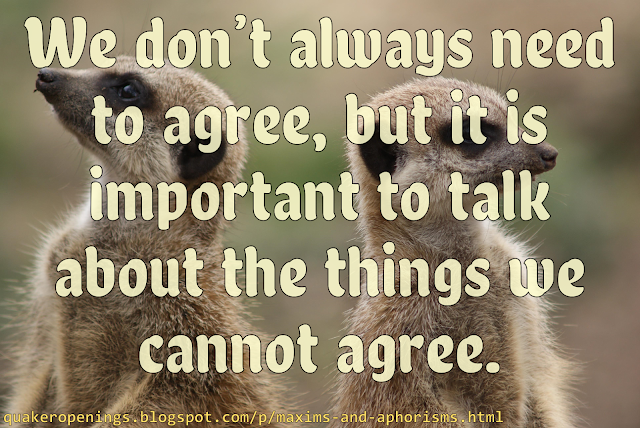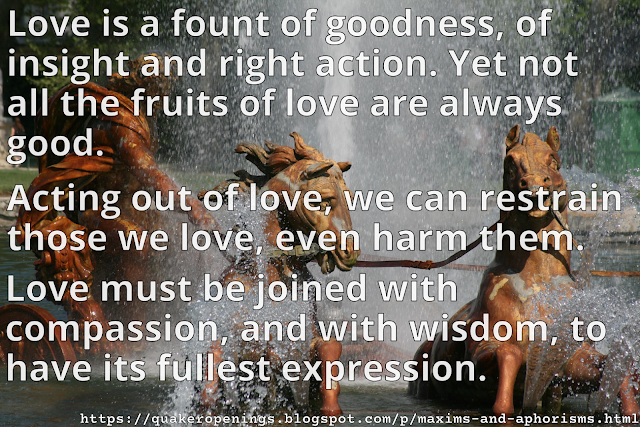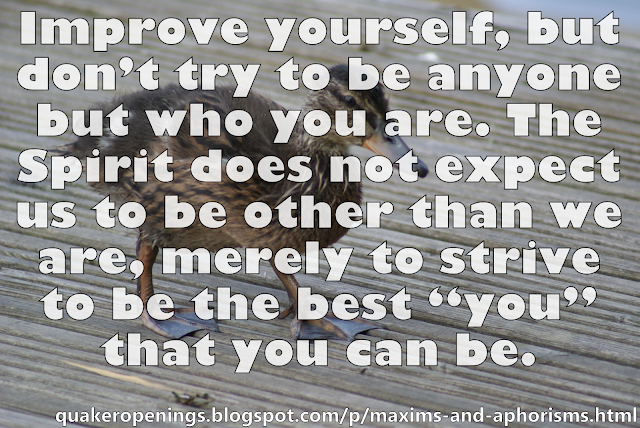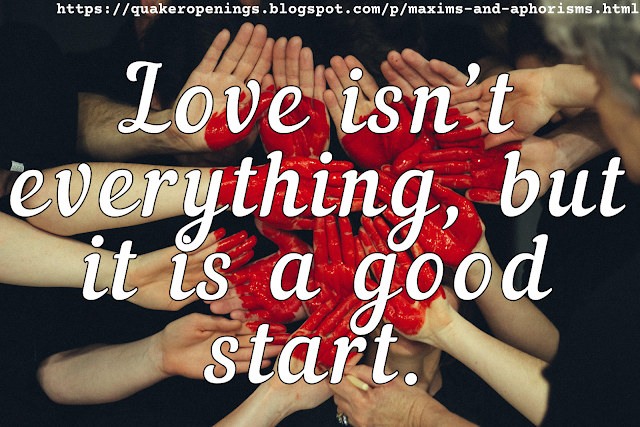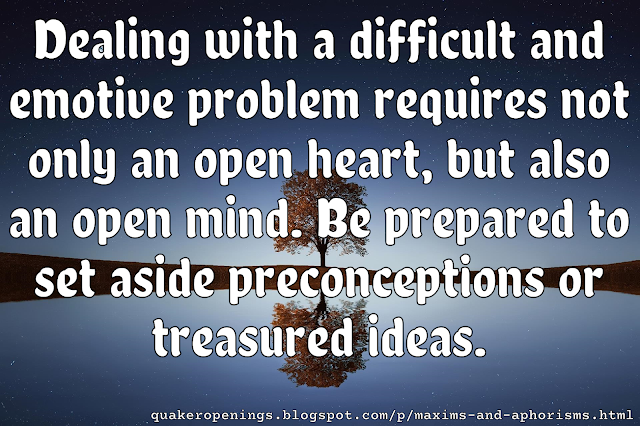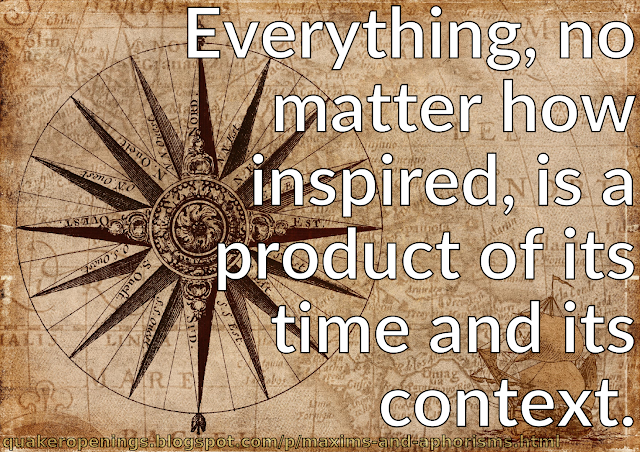For
quite some time, Quakers have found it worthwhile – or at least
traditional – to have an idea of who is formally part of our
Religious Society. Quite naturally, we refer to people who have such
formal status members; in
Britain, we refer to those who have some degree of relationship with
a Meeting but are not in membership as attenders.
Membership has formally existed for some time, and while there are
naturally voices who wish to see it abolished – and even more who
wish to see it reformed – it has persisted. In Britain Yearly
Meeting, we (supposedly) require that people in certain roles be
members, though the only role that this seems to be universally
applied to is that of trustee, a restriction that has sound legal
basis. Quaker faith & practice
recommends that clerks of meetings, elders, overseers, treasurers,
registering officers and members of nominations committees should be
in membership (Qf&p
3.24).
Nowadays, people principally come
into membership in Britain Yearly Meeting by applying for it, and
going through some sort of process. This usually involves a visit
from seasoned members who talk about the application with the
applicant, and produce a report, which
is generally a sort of spiritual biography, though it can take many
forms, and largely serves to help the Area Meeting as a whole to
better know the new member. There are also provisions for a child to
be brought into membership on the application of a parent or
guardian, and I consider both
the adult and child processes below.






























